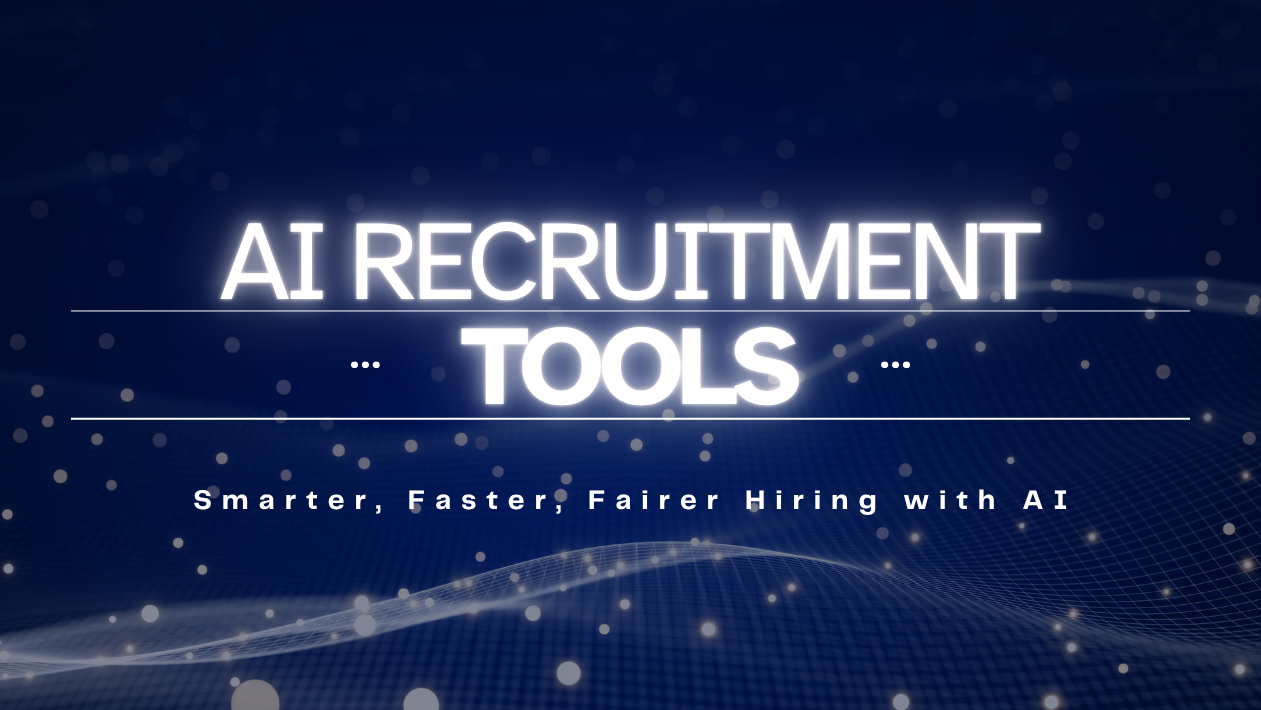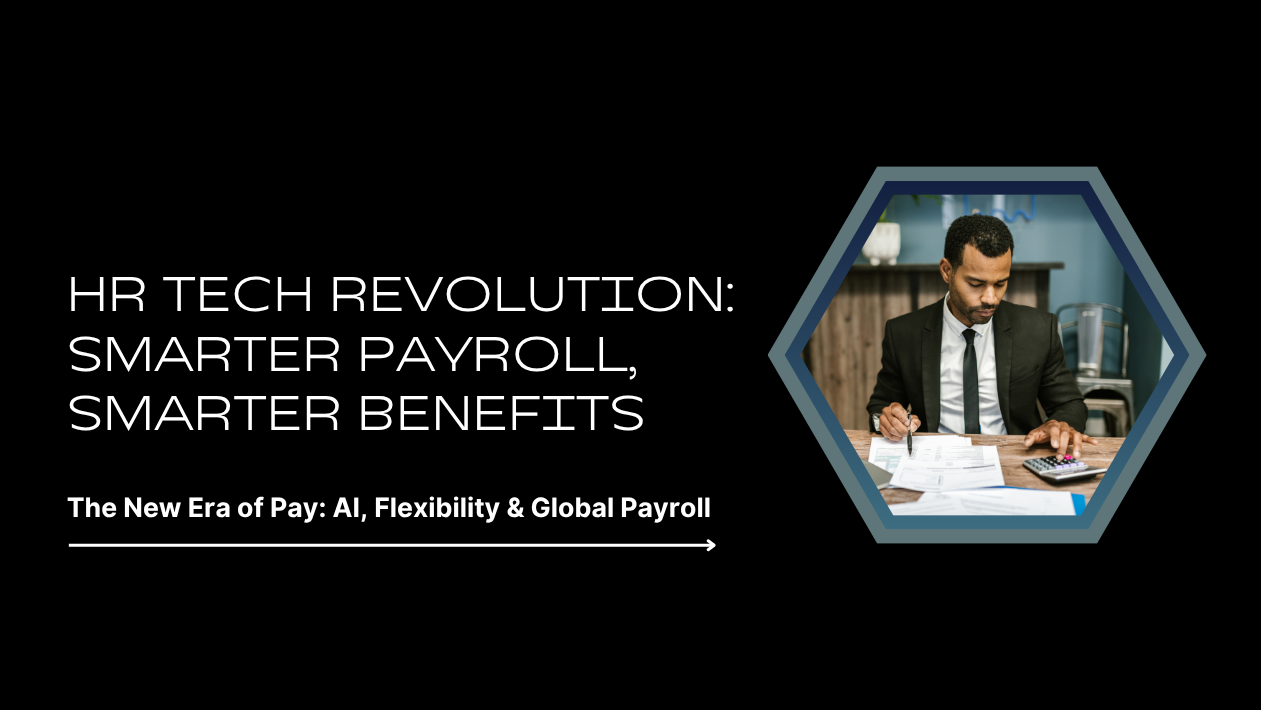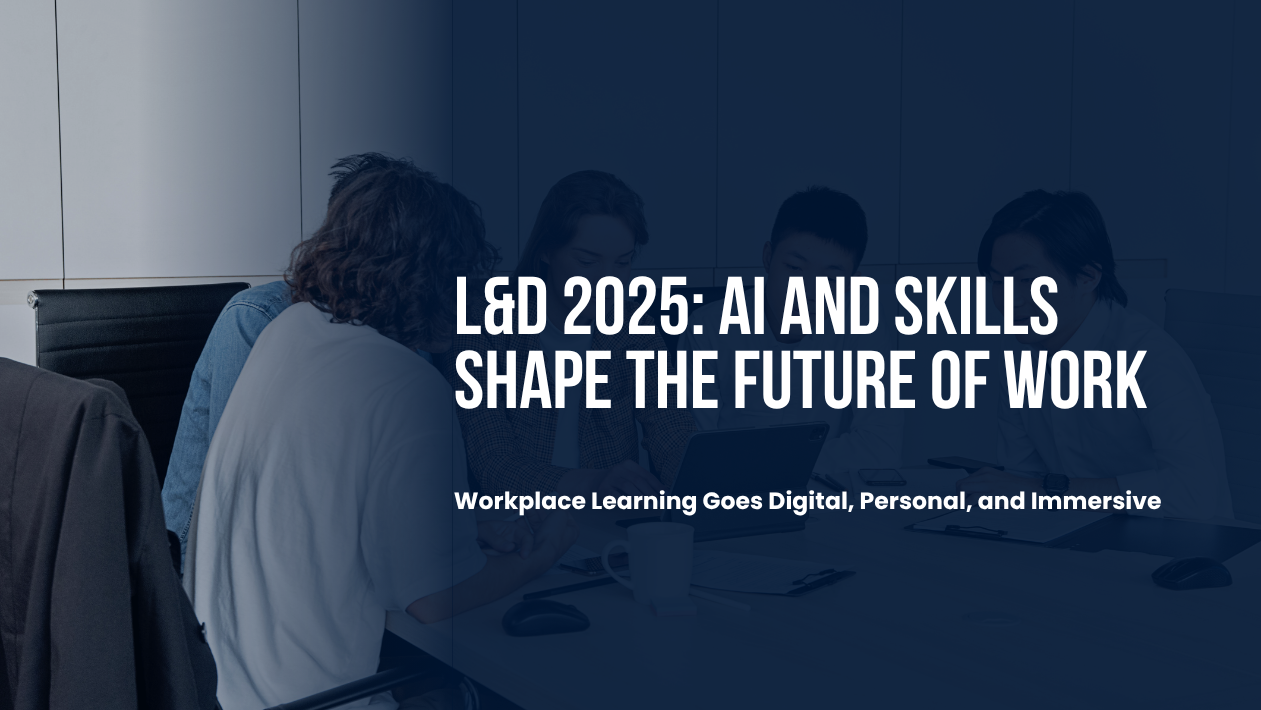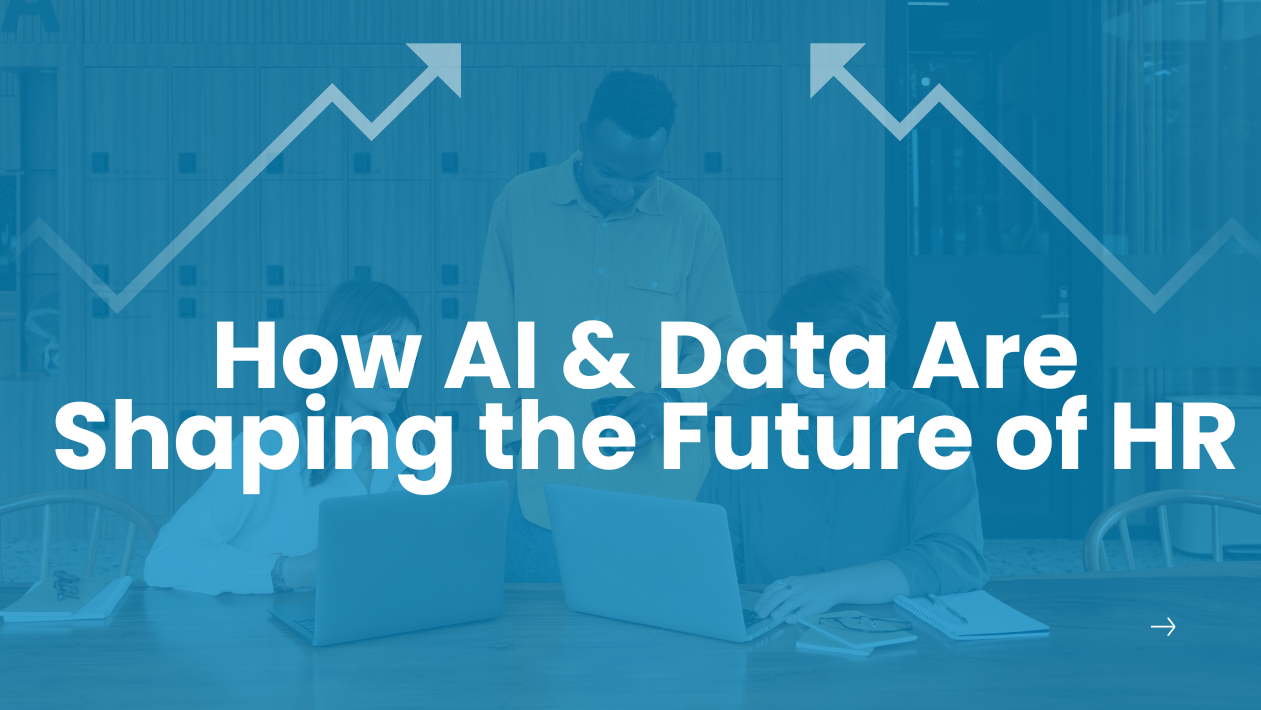The recruitment landscape has undergone a dramatic transformation in 2025. AI-driven platforms, advanced analytics, and skills-first hiring are enabling companies to identify top talent faster while delivering a more transparent, candidate-friendly experience. With remote work still prevalent and global competition for skills intensifying, recruitment technology has become a critical driver of business growth.
AI and Automation Accelerate the Hiring Process
Recruiters are now using AI-powered applicant tracking systems (ATS) and intelligent screening tools to evaluate thousands of applications in seconds. Platforms such as Greenhouse AI, HireVue, and LinkedIn Talent Hub deploy natural language processing and machine learning to rank candidates based on skills, experience, and cultural fit.
Automated scheduling bots handle interview coordination, cutting hiring timelines by up to 40%, while conversational AI chatbots engage candidates 24/7.
Skills-Based Hiring Overtakes Degree Requirements
Companies across tech, finance, and healthcare are moving away from traditional degree-based hiring toward skills-first recruitment. AI systems assess candidates’ capabilities through online assessments, coding challenges, and portfolio analysis, creating fairer opportunities for self-taught professionals and career changers.
This approach is widening the talent pool and supporting diversity, equity, and inclusion (DEI) initiatives.
Video Interviews and Virtual Assessment Centers
Virtual hiring remains standard. Enhanced video platforms now feature real-time language translation, sentiment analysis, and AI-driven interview feedback, enabling companies to evaluate candidates across continents without travel.
Gamified assessments and immersive virtual reality (VR) environments simulate real work scenarios, giving employers deeper insights into a candidate’s problem-solving and teamwork skills.
Data-Driven Insights for Smarter Decisions
Recruitment platforms now provide predictive analytics on candidate success, time-to-fill, and employee retention. HR teams use these insights to allocate resources strategically, reduce bias, and improve workforce planning.
Integration with HR analytics tools ensures seamless tracking from candidate pipeline to employee performance.
Ethics and Compliance Stay in Focus
As AI becomes central to recruitment, concerns about algorithmic bias and privacy persist. Governments and regulators—including the EU under the AI Act—are enforcing transparency standards, requiring companies to explain how algorithms evaluate candidates and to maintain human oversight in final hiring decisions.
Looking Ahead: Hyper-Personalized Candidate Experiences
The future of recruitment is personalized and predictive. AI will soon suggest career paths to candidates before they even apply, while companies will receive proactive recommendations for talent likely to be open to new roles.
With advanced matching algorithms and global talent marketplaces, recruitment technology is no longer just about filling jobs—it’s about strategically shaping the workforce of tomorrow.





